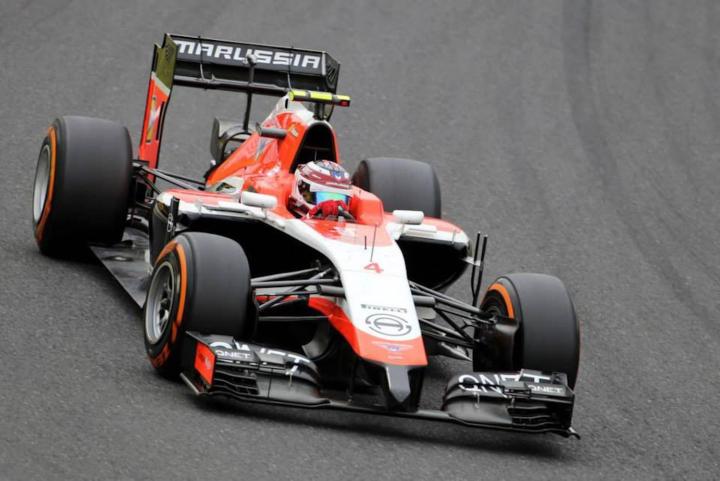
There are currently four engine suppliers in F1: Ferrari, Honda, Mercedes-Benz, and Renault. They supply engines to their own teams (partners McLaren and Red Bull in the case of Honda and Renault), but also sell engines to independent teams. Now, F1 officials are considering bringing in an independent company purely to supply engines to teams not already affiliated with a manufacturer, according to Autosport.
Current rules require teams to use highly-regulated turbocharged V6 hybrid powertrains, which cost a lot of money to develop. Manufacturers are passing some of the cost of these more complex powertrains on to customer teams by charging more. Teams are currently paying $20 to $30 million per season, compared to about $10 million for the previous V8 powertrains.
In addition to the cost, there’s the inherent tendency of manufacturers to play favorites. After all, they have to supply engines to teams they race against. It’s all part of the power struggle between manufacturer-backed teams and the independents. Manufacturer teams generally have more cash to throw around, which is a competitive advantage in F1. But the independent teams are needed to fill out the grid, and since their only business is racing, they’re considered more loyal by the F1 brass.
This new development could be a boon to Red Bull, which has been unable to secure an engine supplier for the long term. It won multiple championships with Renault power, but hasn’t had much luck since switching to the new hybrid format. The team, which is also sponsored by Infiniti, has complained loudly about the underperformance of the Renault, which has led to the souring of relations with the French carmaker.
Other than possibly ensuring a full grid for each race, it’s unclear what impact this move could have for the people in the stands. F1 is already fairly divorced from the realities of production cars, so bringing in a non-carmaker to supply engines to non-carmaker teams probably won’t make a demonstrable difference in the series’ relevance.
Editors' Recommendations
- The OnePlus Nord will cost less than $500, but getting one early will be tough
- Formula One teams are using racing tech to tackle coronavirus
- Formula One is adding cost caps in 2021, so teams are spending even more for 2020
- Infiniti’s Formula One-inspired Project Black S may enter production
- Acronis helps Formula E teams protect potentially race-winning data


